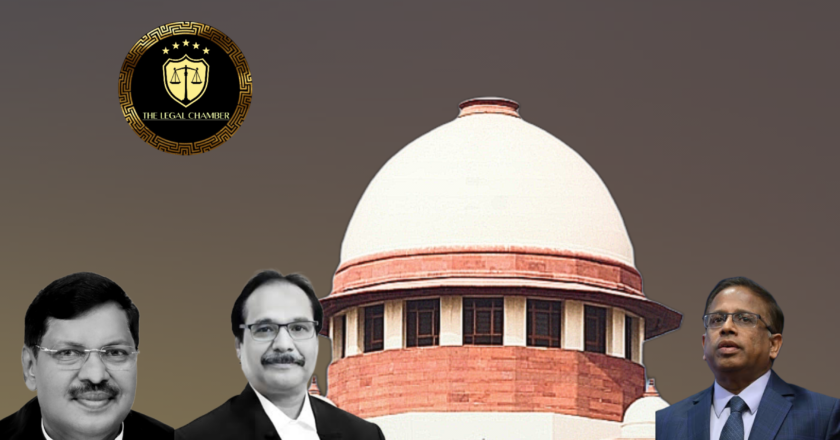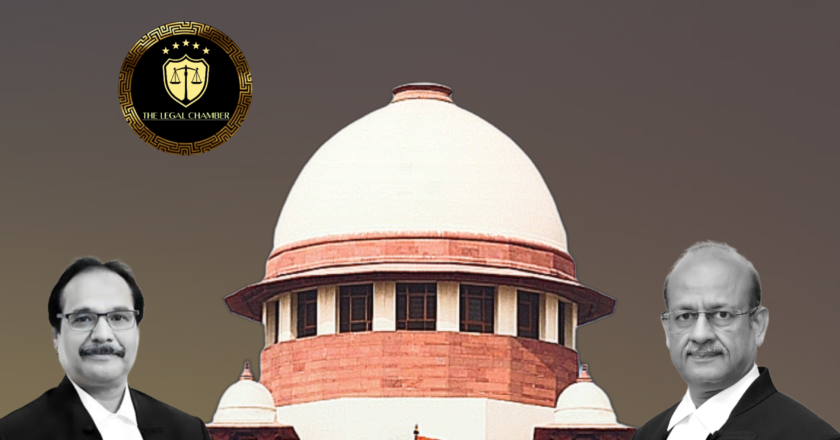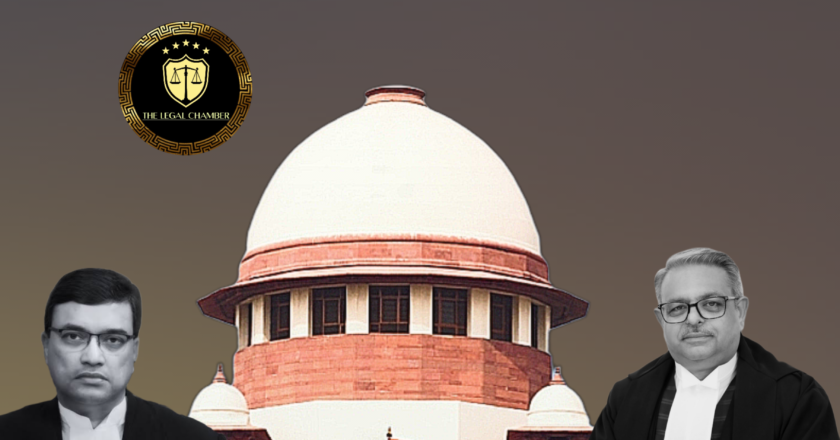Supreme Court Clarifies Law on Seized Property, Says “Expediency” Under CrPC Has Limits
The Supreme Court held that the release of case property (cash) under Section 451 CrPC was premature. The ownership of seized money, being the proceeds of alleged crime with multiple claimants, cannot be determined conclusively at an interim stage but must be adjudicated after a full trial upon consideration of all evidence.
Facts Of The Case:
The case originated from an FIR (CR No. 11206078220159 of 2022) alleging that the appellant-accused, through his proprietary firm Jay Gopal Trading Company, committed cheating and criminal breach of trust against a complainant and other merchants in transactions involving castor seeds. During the investigation, the police seized cash amounting to Rs. 50,00,000. Respondent No. 2, another merchant claiming the seized cash was for goods he sold to the...









